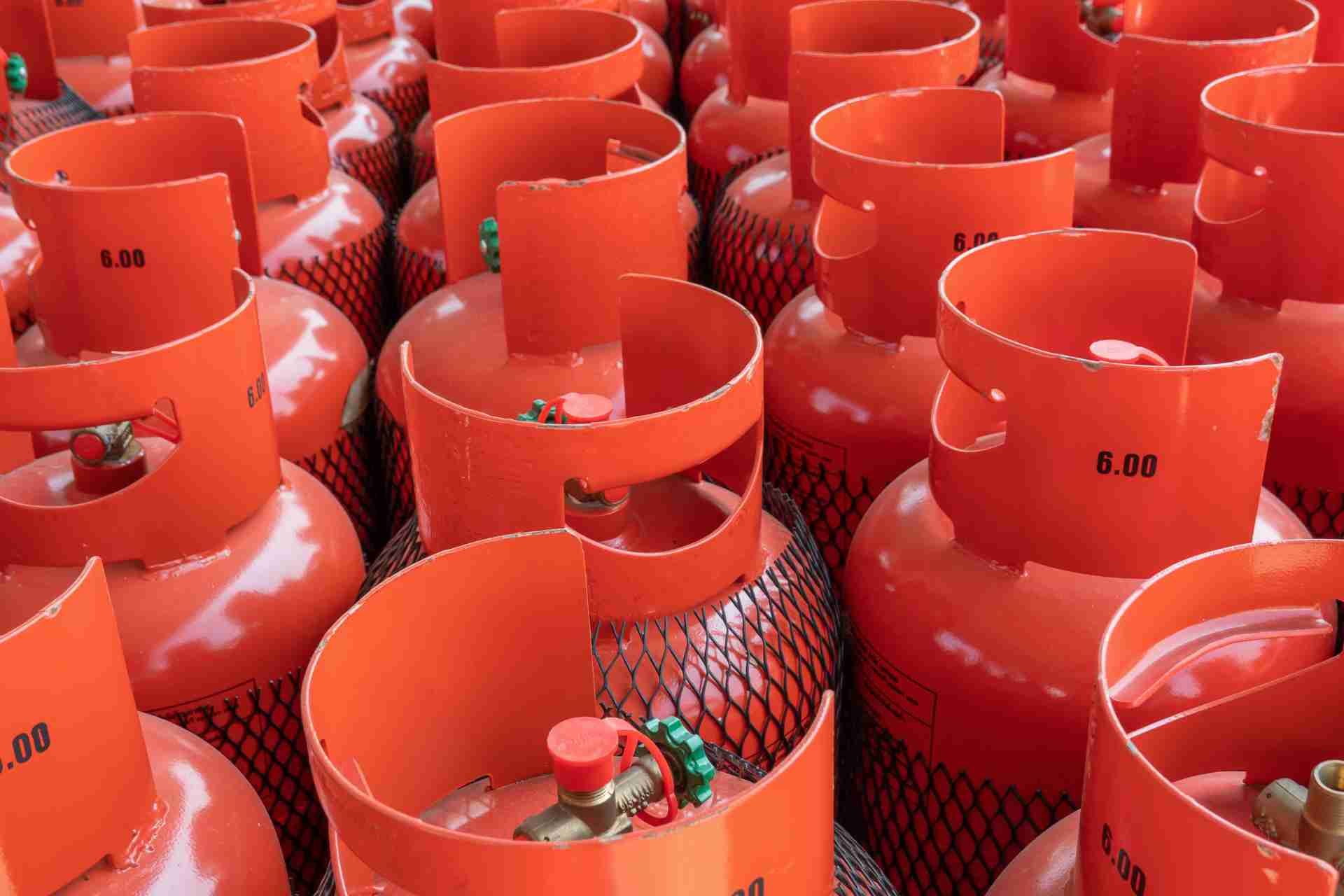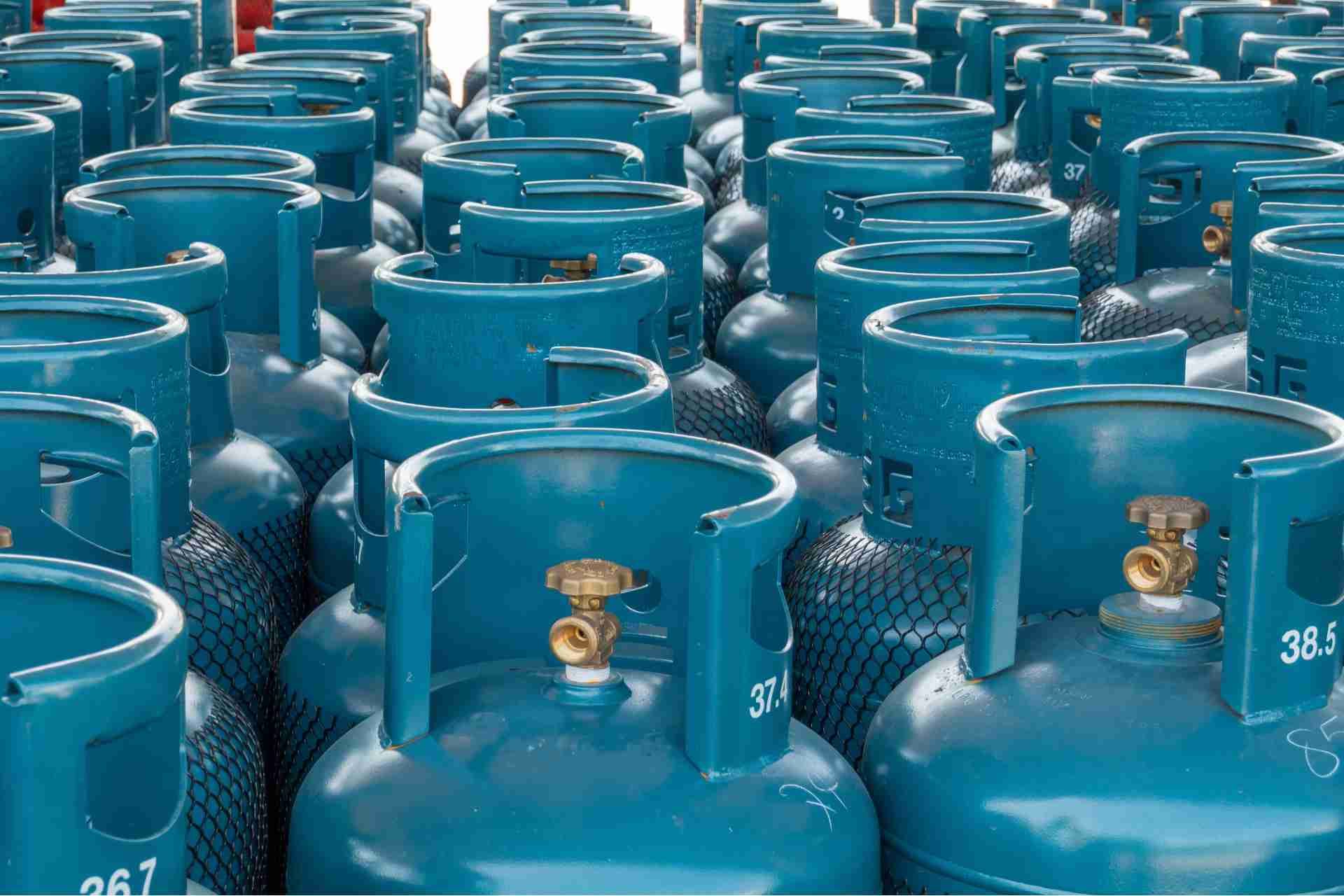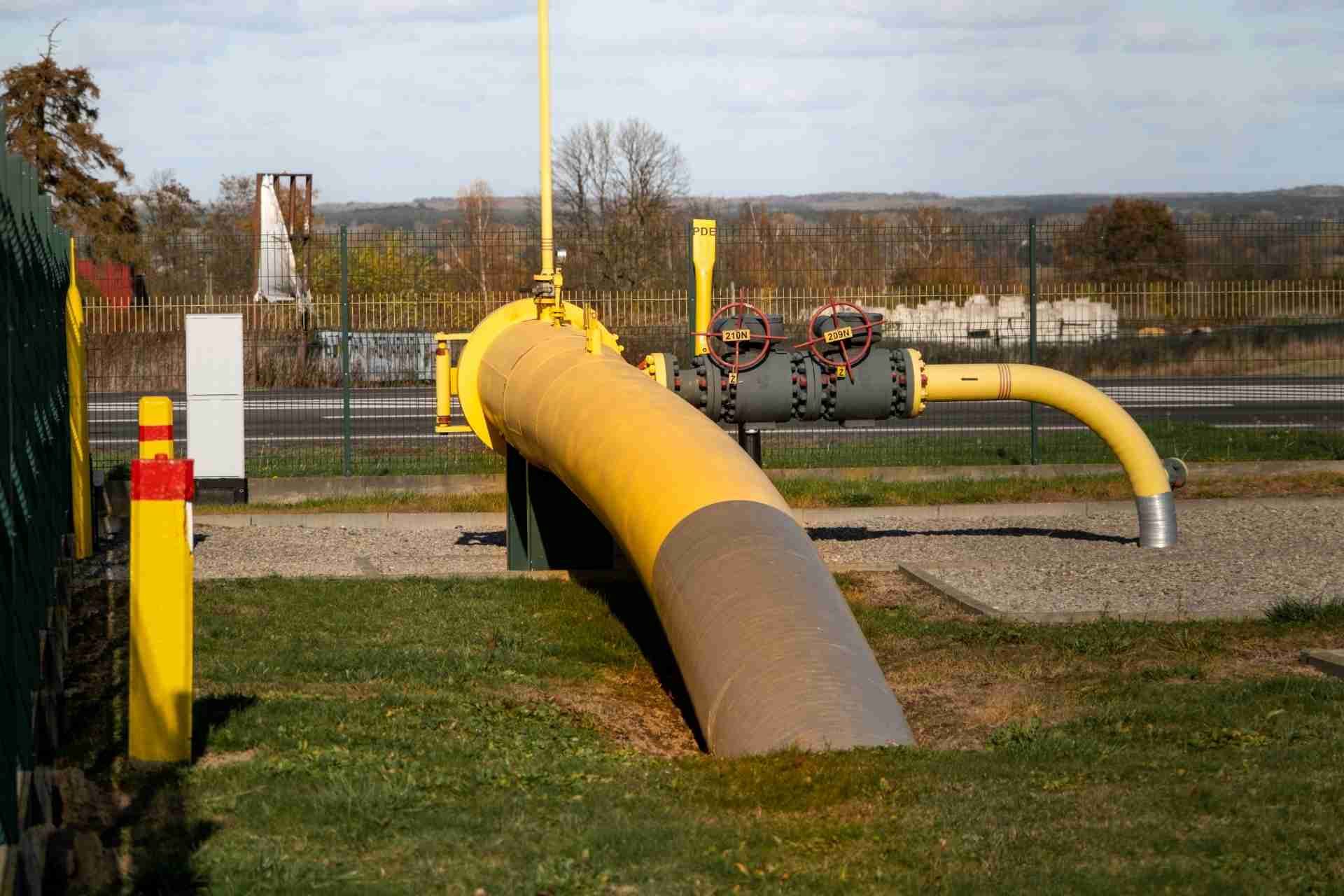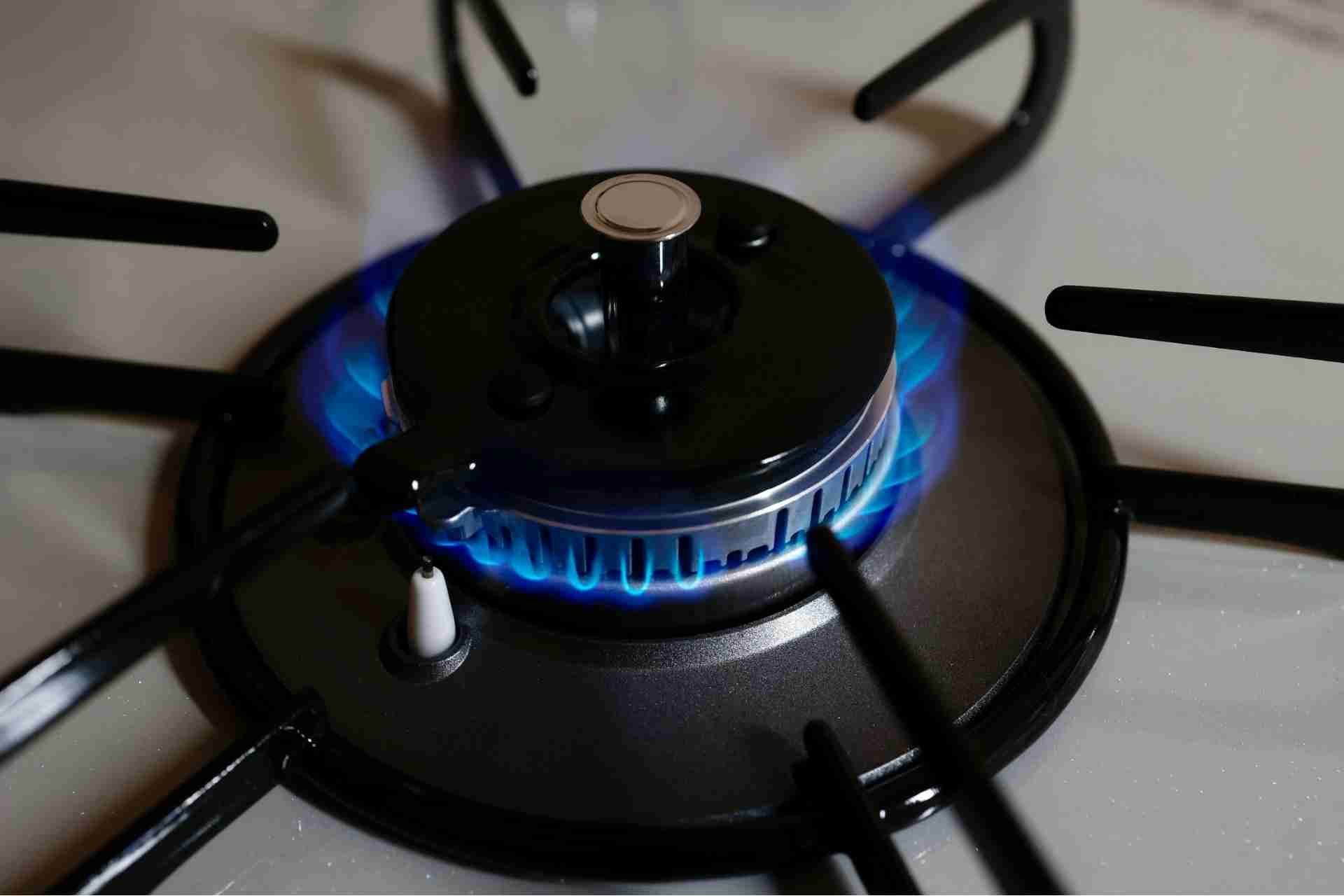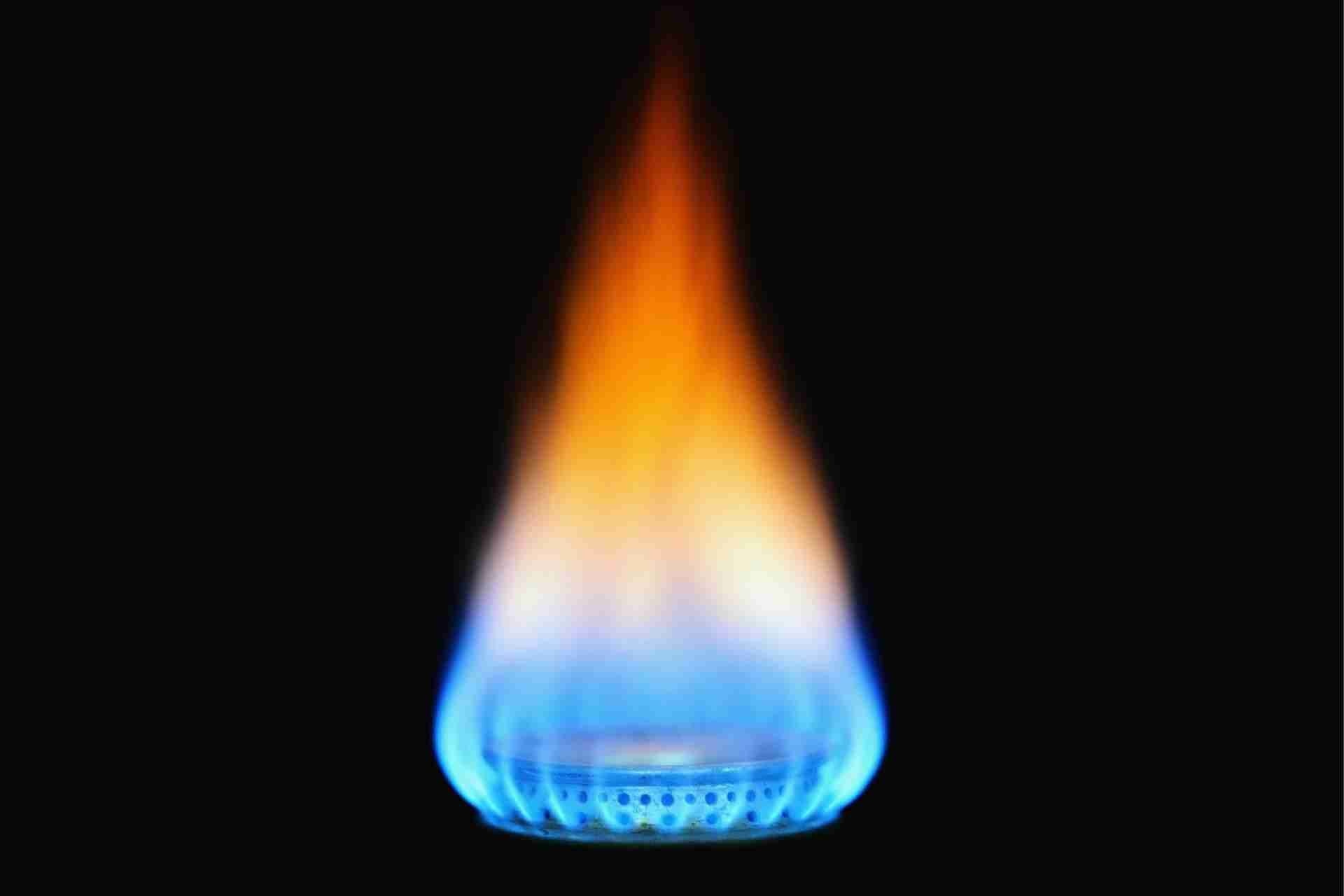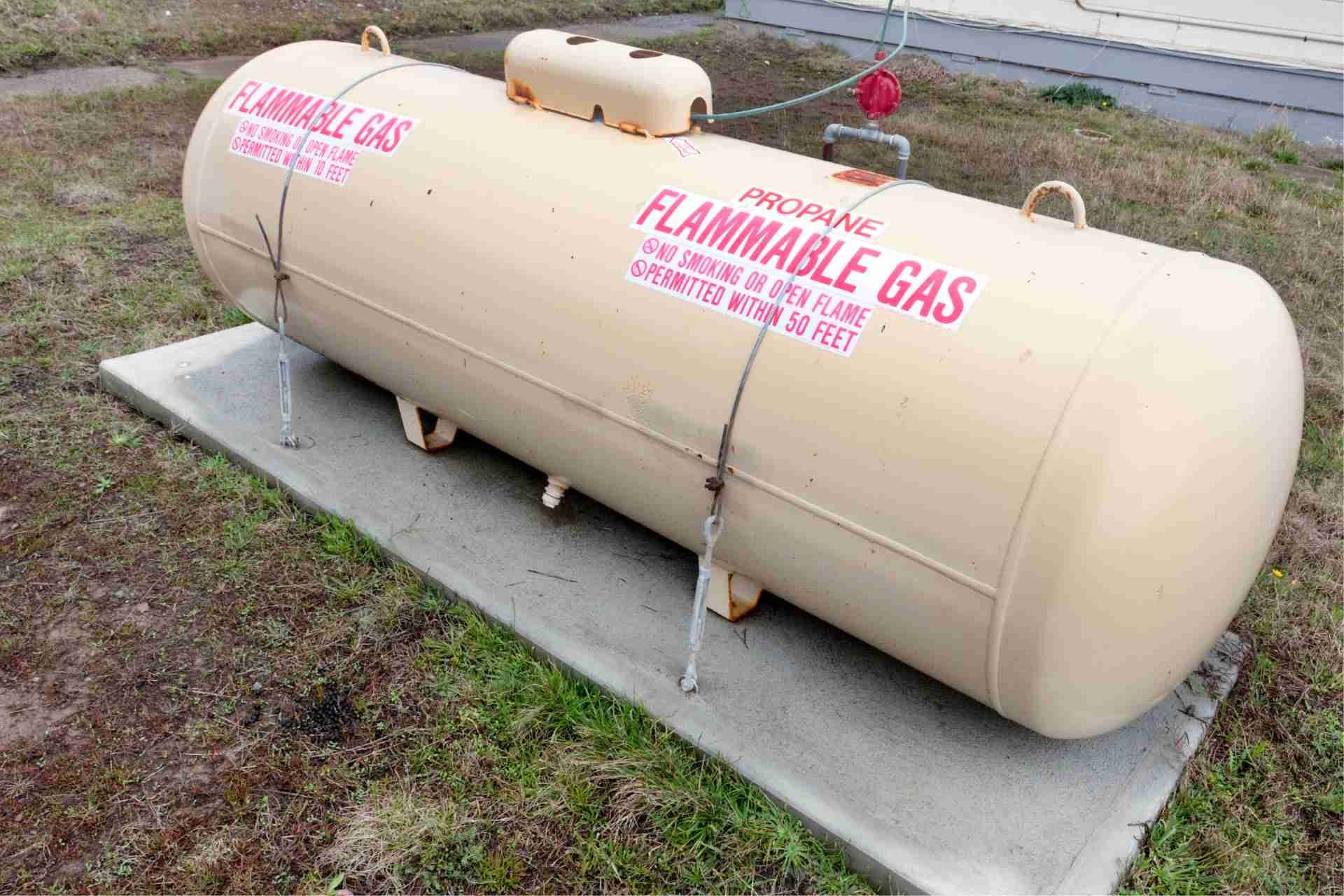What Happens if You Overfill a Propane Tank
Propane tanks play a crucial role in fueling our grills, heaters, and other appliances. However, many people may not realize the potential dangers of overfilling a propane tank.
Imagine a balloon filled to its absolute limit, just one more breath away from bursting. That's what happens if you overfill a propane tank.
The consequences can be dire. The pressure inside the tank increases beyond safe limits, leading to a myriad of potential dangers. From increased risk of fire to equipment malfunction, the stakes are high.
But what happens next? Stay tuned to uncover the full extent of the repercussions and how to avoid a potentially explosive situation.
Increased Risk of Fire
When you overfill a propane tank, you significantly increase the risk of fire. The hazardous leak that can result from an overfilled tank poses a serious combustion danger. Propane tanks are designed to only be filled to a certain level to allow room for the propane to expand safely. Overfilling can lead to excess pressure within the tank, causing the gas to escape through the pressure relief valve or the tank's fittings, increasing the likelihood of a leak.
This leak is dangerous because propane is highly flammable. Even a small spark from a nearby source, such as a cigarette, a faulty electrical outlet, or a lit match, can ignite the leaked gas. Once ignited, propane burns quickly and with high intensity, leading to a potentially catastrophic fire.
Therefore, it's crucial to follow the recommended guidelines for filling propane tanks to prevent overfilling and the associated risks of fire and hazardous leaks.
Potential Tank Rupture
Overfilling a propane tank can lead to the potential rupture of the tank, posing a significant safety hazard. When a tank is overfilled, it can cause structural damage due to the increased pressure inside the container. This structural damage weakens the tank's integrity, making it more susceptible to rupturing. A ruptured propane tank not only poses safety implications for the immediate surroundings but also increases the risk of fire and explosion.
The pressure hazards resulting from an overfilled tank can lead to catastrophic consequences. The excess propane exerts more pressure on the tank walls than they're designed to handle, increasing the likelihood of a rupture. Additionally, the leak risks associated with an overfilled tank are heightened, as the structural damage can create openings through which propane can escape. These leaks not only waste valuable propane but also create a highly flammable and explosive environment. It's crucial to adhere to proper filling procedures to prevent such dangerous outcomes.
Equipment Malfunction
Exceeding the recommended propane tank capacity can result in equipment malfunction, leading to safety risks and potential damage. When a propane tank is overfilled, the excess propane can flow into the regulator and cause it to freeze up. This can disrupt the proper flow of gas to your appliances, impacting their performance and potentially causing them to malfunction. Additionally, the increased pressure within an overfilled tank can put strain on the tank's valves and seals, increasing the likelihood of leaks and other equipment failures.
To prevent equipment malfunction due to overfilling, it's crucial to conduct regular risk assessments and adhere to proper maintenance procedures. This includes ensuring that your propane tank is filled to the appropriate level, as indicated by the tank's fill line or gauge. Regularly inspecting your tank for signs of wear and damage, such as rust or corrosion, can also help prevent equipment malfunctions that may result from overfilling. By following these maintenance procedures and conducting risk assessments, you can mitigate the risks associated with exceeding the recommended propane tank capacity.
Safety Concerns
To ensure safety when handling propane tanks, always adhere to the recommended fill level to prevent potential hazards and accidents.
Safety precautions are crucial to avoid overfilling, which can lead to leaks, fires, or explosions. Proper handling of propane tanks involves understanding their capacity limits and never exceeding them.
Overfilling a propane tank can cause the pressure relief valve to malfunction, releasing excess gas and creating a dangerous situation. Moreover, overfilled tanks are more prone to leaks, increasing the risk of fire or explosion.
It's essential to follow safety guidelines provided by propane suppliers and manufacturers to prevent overfilling and ensure safe usage. By practicing proper handling techniques and being aware of the risks associated with overfilling, you can help maintain a secure environment when using propane tanks.
Regulatory Violations
Adhering to the recommended fill level for propane tanks is essential to avoid regulatory violations related to handling and storage practices. Compliance with regulations is crucial to prevent legal consequences and penalties that may arise from overfilling propane tanks. By exceeding the designated fill capacity, you risk violating established guidelines set forth by regulatory bodies, leading to potential fines or even more severe repercussions.
Regulatory violations regarding propane tank filling are taken seriously due to the inherent safety risks associated with mishandling propane. Authorities enforce strict guidelines to ensure the safe storage and handling of propane tanks, making it imperative for individuals and businesses to adhere to the prescribed fill levels.
Failure to comply with these regulations not only puts individuals at risk but also endangers the surrounding environment and properties. It's essential to follow proper procedures and guidelines to maintain a safe environment and avoid the legal ramifications that come with regulatory violations. Remember, safety and compliance go hand in hand when dealing with propane tanks.
Call a Propane Specialist
Overfilling a propane tank can be a serious safety hazard. When a tank is overfilled, it can cause excess pressure to build up inside the tank, potentially leading to a leak or even an explosion.
So, if you ever find yourself in a situation where you have overfilled your propane tank, don't panic. Instead,
contact Koopman & Sons Gas for fast and reliable assistance. Your safety is our top priority, and they will work quickly to resolve the issue and ensure that your propane tank is safe to use.
